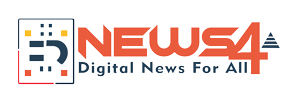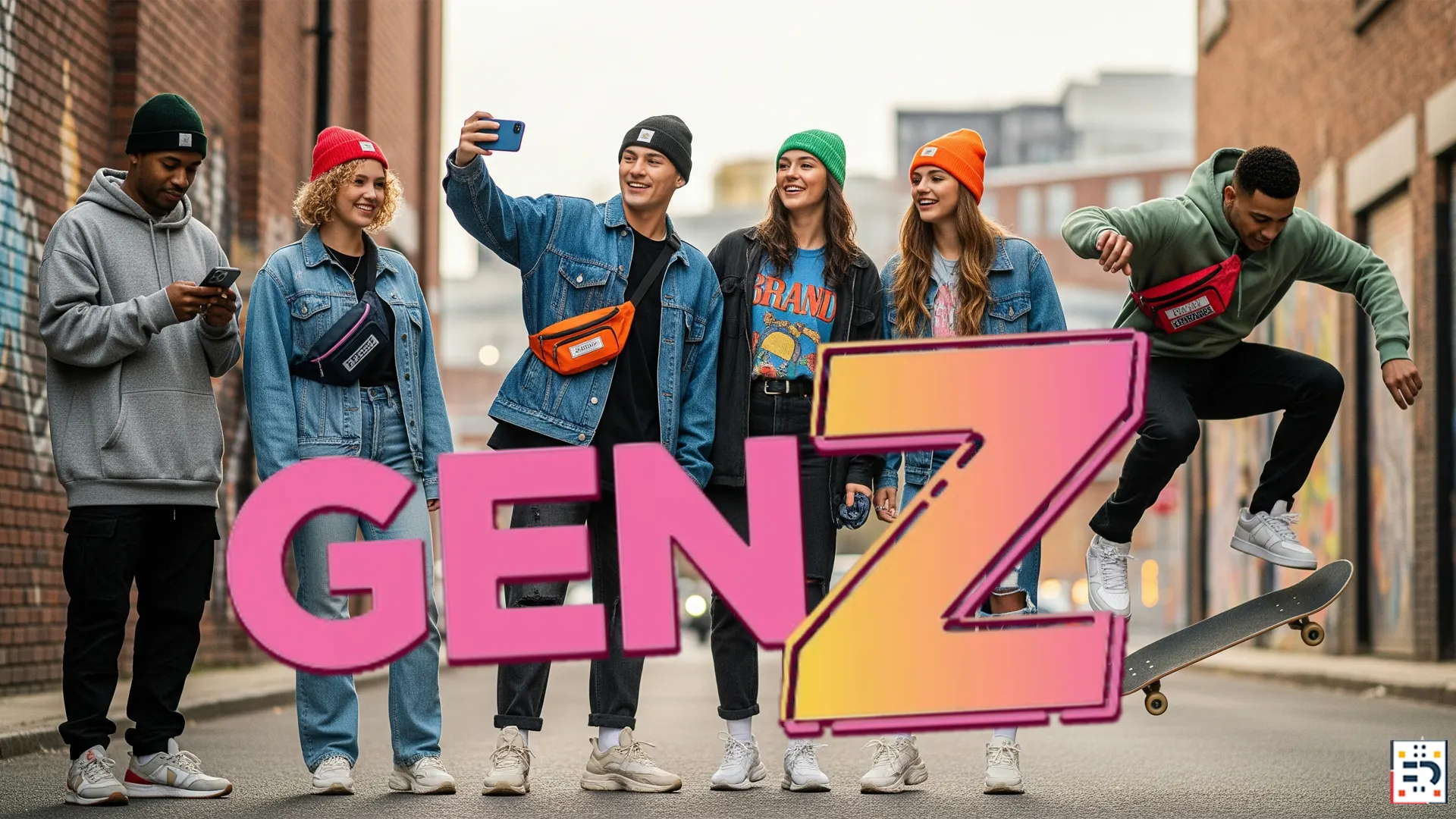What is Generation Z? Definition and Demographics
Generation Z, commonly called Gen Z, refers to Americans born between 1997 and 2012, making them currently ages 13-28 in 2025. This demographic represents approximately 68 million people in the United States, comprising about 20% of the total U.S. population. (U.S. Census Bureau).
When Was “Generation Z” Term Created?
The term “Generation Z” gained widespread recognition in the early 2010s among demographers and marketers studying post-millennial youth. The Pew Research Center officially defined Generation Z boundaries in 2019, establishing clear parameters that distinguish them from Millennials (born 1981-1996) and Generation Alpha (born 2013-present).
When Was “Generation Z” Term Created?
The term “Generation Z” gained widespread recognition in the early 2010s among demographers and marketers studying post-millennial youth. The Pew Research Center officially defined Generation Z boundaries in 2019, establishing clear parameters that distinguish them from Millennials (born 1981-1996) and Generation Alpha (born 2013-present).

Gen Z vs Millennials: Key Differences
| Aspect | Generation Z | Millennials |
|---|---|---|
| Birth Years | 1997–2012 | 1981–1996 |
| Current Age (2025) | 13–28 years | 29–44 years |
| Technology Relationship | Digital natives | Digital adapters |
| Economic Mindset | Financially pragmatic | Optimistic spenders |
| Work Values | Purpose-driven | Work-life balance |
Gen Z in America: Key Statistics 2025
- Population Size: 68 million (20% of U.S. population)
- Diversity: Most diverse generation in U.S. history (McKinsey & Company)
Education & Employment (Ages 16–28):
- High school or less: 41%
- Some college: 32%
- Bachelor’s: 19%
- Graduate degree: 8%
- Full-time employed: 42%
- Students: 28%
Generation Z Consumer Behavior and Shopping Trends
- 48% of Gen Z plan to make more purchases via social media in 2025 (Statista).
- Top platforms: Amazon, TikTok Shop, Instagram Shopping.
Values in Brands: Authenticity, sustainability, social responsibility.
Spending Power: $143B direct + $600B family influence.
Gen Z Workplace Trends and Career Expectations
Top Career Priorities: Work-life balance, salary, career growth, mental health, and flexibility (Deloitte Global Gen Z Survey).
Entrepreneurship:
- 61% want to start a business in 5 years.
- 34% monetize content in the creator economy.
Generation Z Technology Usage and Social Media
- Top Platforms (daily use): TikTok (67%), Instagram (61%), YouTube (49%) (Morning Consult Gen Z Report).
- Communication: Texting (89%) and DMs (76%) dominate.
- Entertainment: Netflix, YouTube, and TikTok lead.
Gen Z Political Engagement and Social Activism
- 2024 turnout: 58% voted.
- Top issues: Climate change, inequality, healthcare, gun violence, social justice (Gallup).
Activism Tools: Social media campaigns, online petitions, peaceful protests.

Generation Z Mental Health and Wellbeing
- 42% experience regular anxiety; 35% report depression.
- Stress drivers: finances, career, social media pressure, climate anxiety.
- 56% have tried or want therapy; 48% use mental health apps.
Gen Z Economic Impact on American Markets
- Direct Spending: $143B now, projected $1.4T by 2030 (Federal Reserve FRED Data).
- Sectors disrupted: Fashion, food, tech, and finance.
- Investing: 63% use investment apps; 47% in crypto; 41% ESG-focused.
Latest Gen Z News and Trends 2025
Technology Trends: AI tools (58%), VR devices (34%), smart homes (42%), EV interest (67%).
Cultural Shifts: Climate activism, digital privacy, mental health advocacy, student debt relief.
Entertainment: Short-form video, esports, virtual concerts.
Global Awareness: 64% follow world events, 71% support global climate action.
Spotlight: Nepal’s Gen-Z Revolt (2025)
In September 2025, Nepal experienced a Gen-Z-led political uprising — one of the most striking examples of youth-driven activism on the global stage.
- Trigger: A government ban on social media platforms sparked mass protests.
- Casualties: Over 50 dead and 1,300 injured (Reuters).
- Targets: Protesters attacked government sites and luxury hotels like Hilton and Hyatt, with damages exceeding 25 billion rupees (Hindustan Times).
- Political Fallout: PM K.P. Sharma Oli resigned. Former Chief Justice Sushila Karki was appointed Nepal’s first female Prime Minister (Financial Times).
- Next Steps: Parliament dissolved, with elections set for March 5, 2026 (Reuters).
- Movement Structure: Largely leaderless, decentralized, and coordinated via platforms like Discord (ABC News Australia).
This revolt reflects how Gen Z globally is using digital tools to influence not only consumer culture but also democratic systems.

Generation Z Future Predictions
By 2030:
- 15% of state legislators will be Gen Z.
- Gen Z presidential candidates are expected by 2032.
- 40% of U.S. workforce will be Gen Z.
- Key drivers: sustainable tech, ethical AI, creator economy growth, and digital banking disruption.
Understanding Generation Z in America
Generation Z is reshaping culture, politics, and economies worldwide. Their impact is seen not only in the U.S. marketplace but also in movements like Nepal’s youth revolt, which redefined political power through digital organizing.
For businesses and policymakers: authenticity, sustainability, and transparency are not optional — they’re essential for engaging with the most influential generation yet.
Generation Z represents a transformative force in American society, driving change across technology, politics, economics, and culture. With their digital nativity, social consciousness, and entrepreneurial spirit, this generation is reshaping traditional institutions and creating new paradigms for success.
Key Takeaways for Businesses and Organizations:
- Prioritize authenticity and social responsibility
- Invest in mobile-first digital experiences
- Support mental health and work-life balance
- Embrace sustainability and inclusive practices
- Leverage social commerce and creator partnerships
As the largest generation in American history continues to mature and assume leadership roles, their influence will only grow stronger. Understanding Generation Z isn’t just about marketing to young consumers – it’s about preparing for the future they’re actively creating.
#GenZ #GenerationZ #GenZTrends #NepalGenZ #YouthRevolution #SocialMediaActivism #GenZEconomy #FutureOfWork #GenZPolitics


